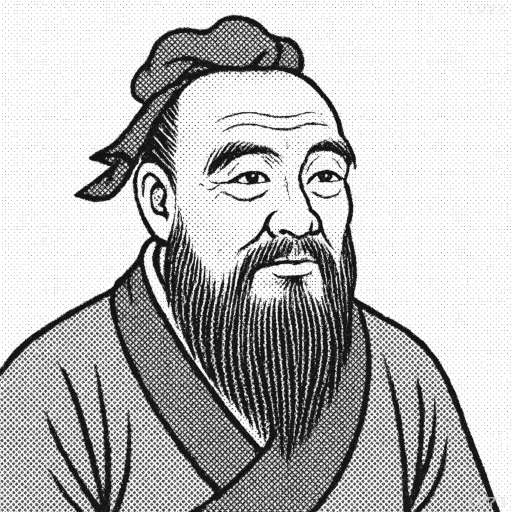“Never give a sword to a man who can’t dance.”

- 551 BC – 479 BC
- Han ethnicity
- Philosopher, educator, politician
table of contents
Quote
“Never give a sword to a man who can’t dance.”
Explanation
This saying suggests that those who lack grace, balance, or self-control may be unfit to wield power or handle responsibility. “Dancing” here symbolizes poise, agility, and a sense of harmony—qualities essential for managing power thoughtfully and responsibly. Confucius implies that without these qualities, individuals are more likely to misuse or mishandle power, as they lack the balance and perspective necessary for responsible action.
In a modern context, this wisdom is particularly relevant in leadership and decision-making. A leader who hasn’t developed qualities like empathy, patience, and emotional intelligence (symbolized by the ability to “dance”) may be prone to impulsive or harmful decisions. For instance, giving authority to someone who is easily angered or insensitive can lead to conflict, as they might wield power recklessly. Conversely, those who demonstrate balance and self-awareness are more likely to use authority responsibly and to foster harmony.
Confucius’s words remind us that power and responsibility require preparation. Before entrusting someone with influence, it’s important to ensure they possess the maturity, balance, and grace needed to handle it well. This perspective encourages us to value character and self-discipline as prerequisites for leadership, creating a foundation of wisdom, integrity, and responsible action.
Would you like to share your impressions or related stories about this quote in the comments section?



